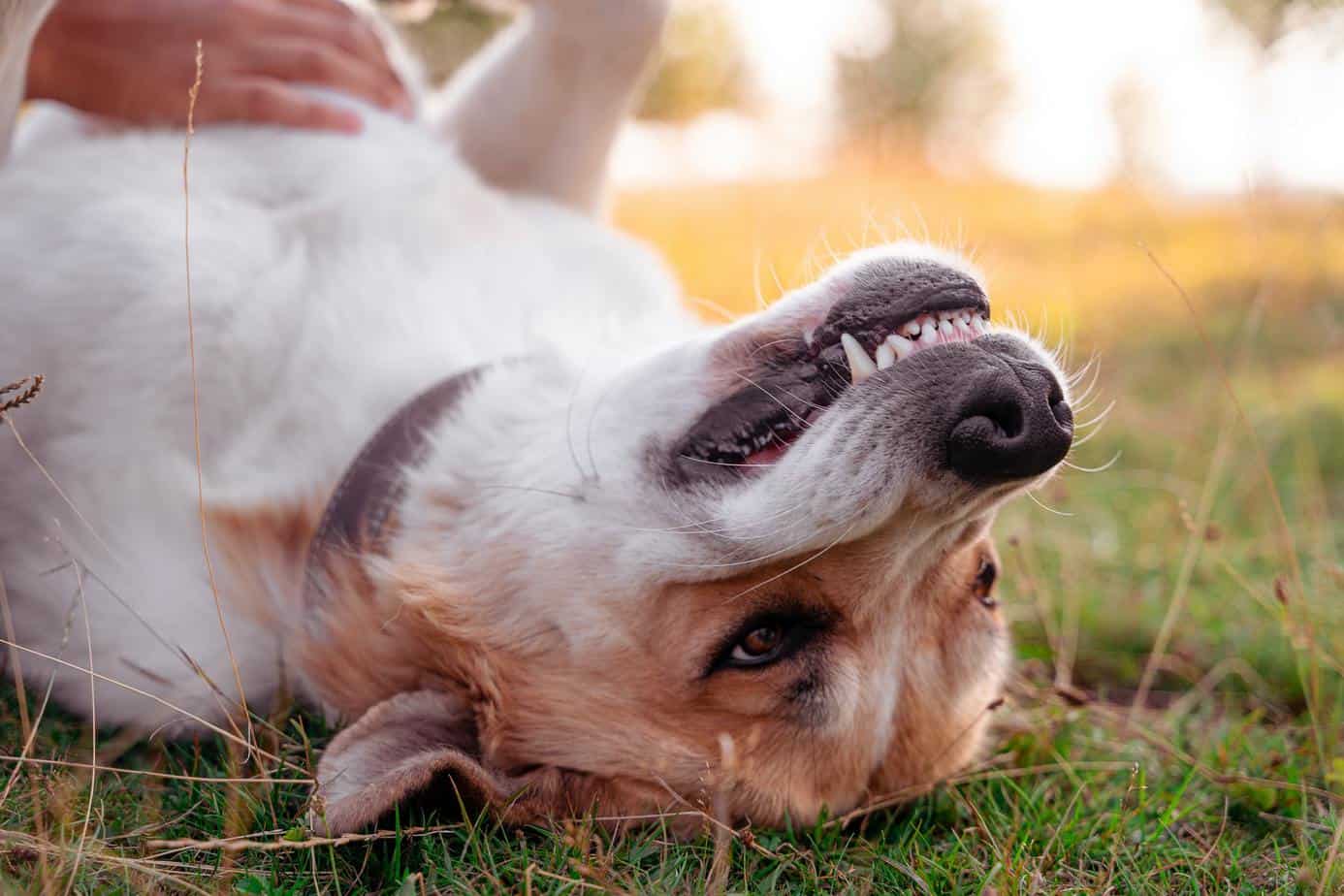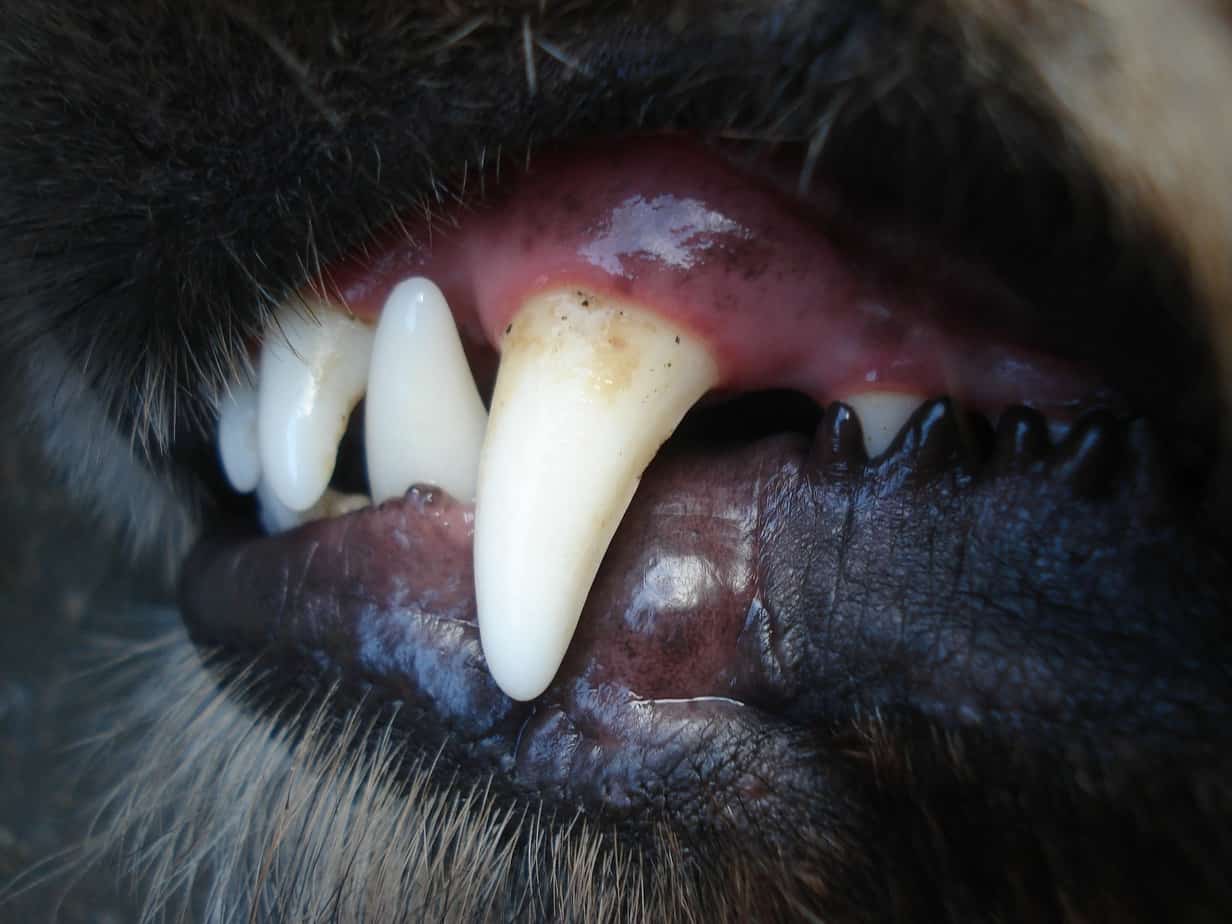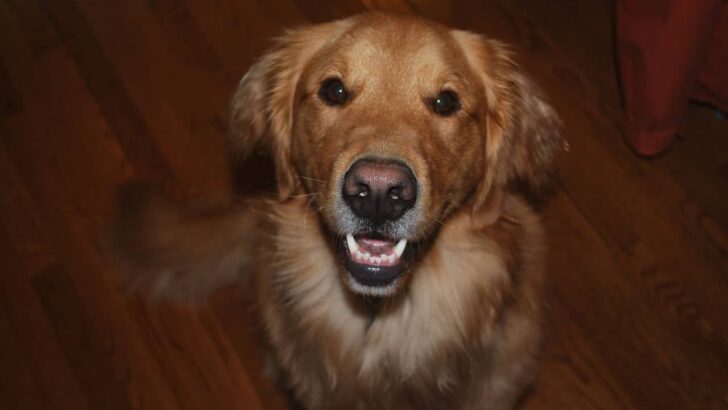- The 10 Best No-Jump Dog Harnesses For Inspired Dogs - July 16, 2022
- Cheaper Alternative to Blue Buffalo Dog Food - July 15, 2022
- Healing From Within: The Best Dog Foods for Hypothyroidism - January 9, 2022
Your dog’s teeth are important. Even the most well-meaning dog parents sometimes forget just how important dental care is. If you have health insurance for your dog then your plan might cover some of the more basic dental care. If you’re still looking for dog health insurance, then finding out which ones have the biggest dental benefit is going to be worth your while.
Overall the best choice for dental coverage is Embrace because it offers a lot of routine care coverage options along with offering a very comprehensive policy for any oral diseases and conditions. Good dental care routines are a good way to make sure that you are using your insurance to the best benefit of you and your dog. Plenty of pet owners pay insurance premiums yet don’t use the level of routine care coverage they are paying for. Your vet can help you set up a good dental care regime and recommend any treatments that can address your dog’s unique set of teeth. With the help of Scout, your vet, and the right plan for your dog, they can enjoy good dental health for life.
Embrace is hardly the only game in town though, and it might be the right fit for every household. That’s why we’ve researched the top dental insurance options for dogs and just how much benefit you can expect for your healthcare dollar from each company.
Why Do I Need Dog Dental? Is It Worth It for My Dog?

Choosing to have health insurance for your dog makes a lot of sense when you look at the high costs associated with just a single emergency. Some insurance plans only cover emergency care while others offer routine care benefits that can cover the cost of basic dental care. There may be an extra charge per month for more comprehensive coverage. It is usually not much more per month and can prevent a lot of health issues that are related to bad dental health in dogs. Another thing to consider is that dogs get tooth aches too, and if you don’t take some care to check up on their teeth, your loving friend may be suffering because of it.
Signs Your Dog Has Dental Issues
They Won’t let you Touch Their Mouth Area Suddenly
Some dogs never want to allow anyone to touch their mouth area whereas some don’t mind unless they are in pain. If your dog seems like they are being sensitive about their mouth, then it is a warning sign that something is wrong. It may be that they simply scratched a gum and it is healing or it could mean they have a painful cavity or worse.
Consistently Bad Breath
If you have been noticing that your dog’s breath has been a bit smelly and it is not something they have been eating, then it may be that they are suffering from dental issues such as plaque, bacterial growth, or tooth decay. When food gets stuck in between the teeth it can cause an odor that is not only very unpleasant but can also lead to tooth decay.
Sudden Weight Loss or Decreased Appetite
When eating hurts, dogs want to do less of it, so weight loss can easily follow. If your dog starts turning down dinner or foods they like, then this is a warning sign.
Drooling or Swelling of the Mouth
Drooling and swelling can be caused by a lot of different things. Even a bee sting can cause these symptoms, but if they are persistent or your dog is showing signs of distress, then you need to get them to the vet for a check-up.
Prevention Is Key
Preventing dental decay in your dog is definitely better than waiting until there is a problem. A lot of the dog insurance plans cover preventative medicine, but some of that “prevention” needs to take place at home first. Here are some tips for keeping your dog’s dental health in top shape.
Always Have Plenty of Fresh Water Out and Consider an Additive that Prevents Plaque
Rinsing their teeth after a meal is important to your dog’s dental hygiene. There are some water additives that have benefits such as fresher breath for your dog and tarter build-up prevention. Dental water additives are not all the same though, so choose carefully and ask your vet any questions you might have. Dogs drink a lot of water so you want to be sure that anything added is only of the best quality.
Choose Treats Wisely and Consider Prescription Chews
There are a lot of treats and chews out there that can help your dog’s teeth. Pedigree Dent-A-Bone is commonly found at grocery stores but there are also prescription chews that prevent tarter and plaque. OraVet is a popular veterinarian prescribed chew for your dog that creates a protective barrier in the mouth and fights bad breath. Some insurance plans may cover this as part of their routine care rider or under preventative medicine.
For a list of Veterinary Oral Health Accepted Dog Foods & Treats check out this handy list.
Brush Your Dog’s Teeth
Not all dogs are good candidates to have their teeth brushed. If you have a puppy or younger dog, it is worthwhile to get them used to the idea. Older dogs or those that are rescues can be more challenging or impossible to brush the teeth of at home. Previously abused or neglected animals can get defensive with such an invasive procedure. You don’t have to brush every day but if you can manage even weekly or biweekly it is better than nothing.
Plan Professional Cleanings in Advance
Just like you have your teeth cleaned on a schedule, it can be helpful to have a schedule set up for your dog. Your vet can advise you on what type of schedule your dog needs to be on. Good prevention at home may cut down on how often they recommend you come in for a major cleaning.
Choose Dog Foods With Dental Health in Mind
Some dog foods are better than others in terms of keeping your dog’s dental health up to snuff. Foods that are high in fillers like corn, wheat, and soy are not good for your dog’s dental health. Wet foods can help dogs that have sensitive teeth but they don’t provide the cleaning action that some hard kibble can. The right choice for food or variety of foods is dependent on your dog’s age and overall health concerns. Always ask your vet when in doubt about diet if your dog has special concerns or is experiencing any major problems suddenly with their mouth, teeth, or gums.

Dog Breeds That Are Most Likely to Have Dental Issues
Small dogs make great companions and can be kept healthy and happy in smaller spaces but unfortunately, they have one major drawback. Their small mouths can lead to teeth that are overcrowded and create a small, warm place for bacteria and plaque to spread. Here is as list of breeds that are most prone to dental problems:
1. Pug
2. Chihuahua
3. Yorkshire Terrier
4. Greyhound
5. Poodle
6. Dachshund
7.Chinese Crested Dogs
8. Shetland Sheep Dogs
If your dog is a pureblood or mix of these dogs then it is very important to get a good dental routine started as soon as possible. If you have adopted a dog. then have them checked out for any preexisting concerns. Chihuahuas and other small breeds can sometimes retain puppy teeth, and some other dogs may have teeth that are crooked and causing irritation. When it comes to dental health, the sooner issues are dealt with, the better.
Is There a Dental-Only Plan?
Insurance companies normally require that you purchase a basic level of insurance for your pet that covers emergencies and sometimes routine care. Some providers allow you to add on extra coverage if you think you need more of an allowance for routine care. There are no options for just purchasing a dental plan, as far as we’ve been able to find. Although you might balk at the idea of paying for coverage you don’t need, it’s actually very wise to have a health care plan for your pet that at least covers emergencies. Bills can add up quick if your dog is severely hurt. You don’t want to have to worry about major costs when it comes to the health of your beloved dog.
Top Pet Insurance Plans With Dental Coverage

Pet’s Best offers a competitive premium rate. The base plan covers dental emergencies and conditions while the routine care rider described below takes care of annual cleaning. The Best Wellness Plan is $26 extra per month but you get up to $535 in benefits each year for routine care. Of that, you can spend up to $150 on pet teeth cleaning per year. The cost of your total premium depends on your dog’s age, breed, and other factors so check out their site to get a custom quote for one or more dogs.
Embrace has an impressive amount of coverage levels available for things like dental care. You can choose from a plan that offers a $250, $450, or $650 routine care allowance per year. The coverage is extensive and even covers prescription diet dog food! If your dog is diagnosed with an actual dental disease or condition, then other parts of your coverage can help you with the cost of treatment.
They cover teeth cleanings under anesthesia and dental illness up to the amount of coverage level you elect. As your dog ages or if you have a puppy that needs a lot of first-year routine care, you may want to change your coverage level.
Nationwide has a good pet insurance policy and they go out of their way to make sure that dental care and any diseases are covered. Rates can vary a lot based on your dog so this is a company that you will want to definitely get a custom quote for, especially if you have multiple dogs that need coverage. When it comes to getting the most complete coverage you can find, Nationwide is the company to look towards.
Waiting Periods
Some plans may have specific waiting periods for coverage to become active. In some cases this may be up to 2 weeks, so don’t think that the minute you pay you’re covered. This is one reason it is important to not delay getting coverage for a pet. Make sure you are clear on what the period is for your plan. Sometimes, the waiting period is only a few days for actual emergencies.
State Limitations
Some plans vary by state so you need to verify coverage and premium rates. If you are doing this research yourself online, most companies have a quote form you can fill out so it is easy to verify if you can get coverage or if there are any restrictions. Some states, for example, may require a longer waiting period before coverage is available after you sign up.
Something To Consider
While dental coverage might not seem like a big deal now, the benefits that come bundled with it will be worth it down the line. Many dental diseases can also spread to bigger, more serious health issues, so taking care of your pup’s teeth now is really an investment in their whole body.
Continue reading:
Dentastix vs Greenies Review: Compare Which Dental Chew To Get Your Dog
Doggie Dental: Homemade Toothpaste & Maintaining Teeth at Home




